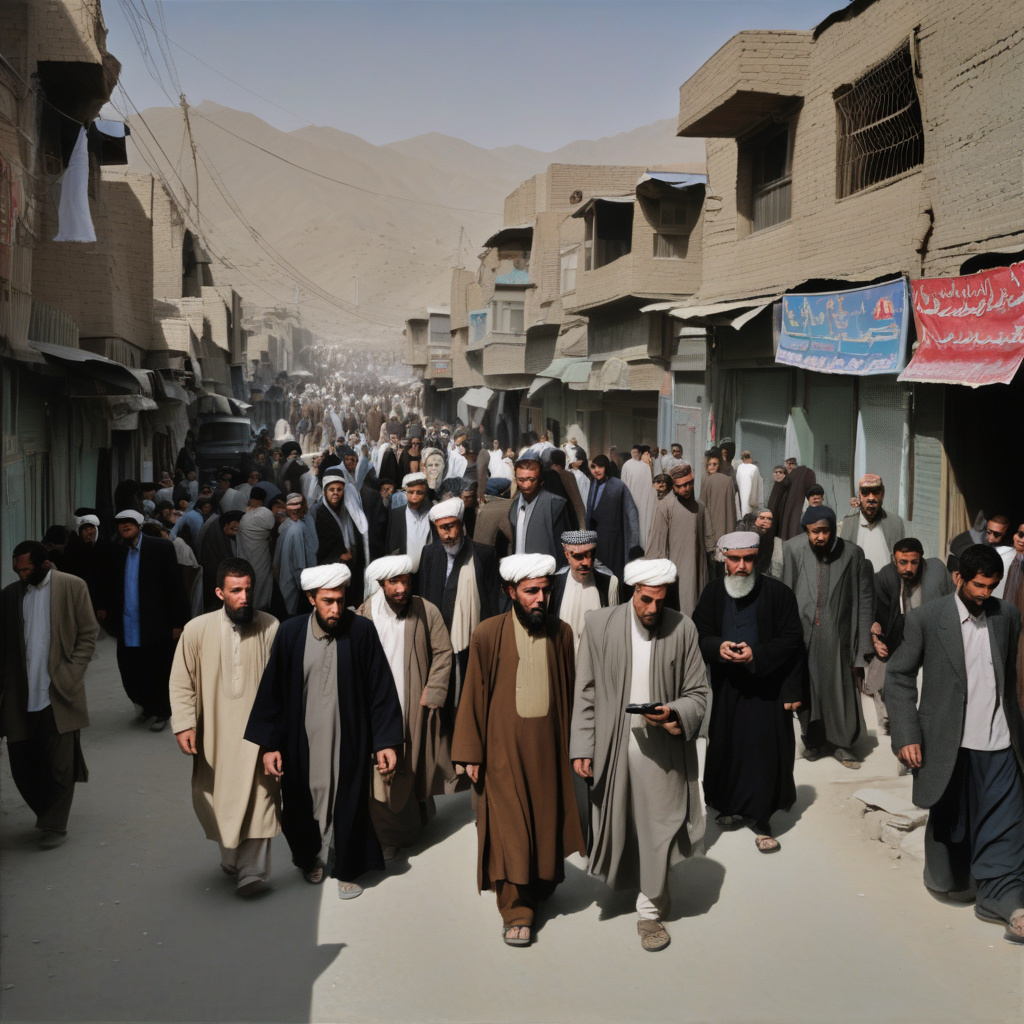In a surprising turn of events, Afghanistan finds itself plunged into darkness as the Taliban enforces a sweeping internet and mobile blackout in a bid to curb what they perceive as “immorality.” This drastic measure has left the nation’s population disconnected from the online world, raising concerns about freedom of expression and access to information.
The Taliban’s decision to cut off internet and mobile communications underscores their strict enforcement of conservative values, limiting the flow of information and stifling dissenting voices. This move not only impacts the daily lives of Afghan citizens but also hampers communication channels vital for emergency services, businesses, and humanitarian organizations operating in the region.
While the Taliban justifies the blackout as a means to combat immoral behavior, such as access to inappropriate content or communication deemed contrary to their beliefs, the broader implications cannot be overlooked. By controlling the flow of information, the Taliban exerts dominance over the narrative, restricting the ability of individuals to express themselves freely and access diverse perspectives.
The repercussions of such a crackdown extend beyond the immediate disruption of internet and mobile services. It raises questions about digital rights, censorship, and the balance between security concerns and individual freedoms. In an increasingly interconnected world, access to the internet is considered a fundamental right, enabling education, economic opportunities, and social connections.
As the international community closely monitors the situation in Afghanistan, calls for the restoration of internet and mobile services grow louder. Human rights organizations, governments, and technology companies play a crucial role in advocating for the protection of digital rights and ensuring that individuals have the freedom to communicate, access information, and express themselves online.
In conclusion, the Taliban’s decision to impose a nationwide blackout on internet and mobile services in the name of morality highlights the complex interplay between technology, governance, and individual rights. As discussions continue on how to address this concerning development, it is essential to uphold the principles of freedom of expression and access to information, safeguarding the digital rights of all individuals, even in the face of challenging circumstances.

